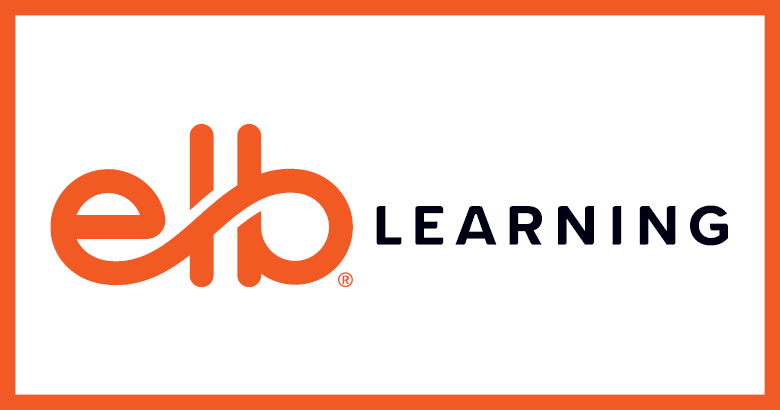With six acquisitions in two years, eLearning Brothers has decided that it’s time to update their name and to consolidate the way they offer their products and services.
The company has been a strong brand for over 20 years, so I asked CEO Andrew Scivally to help me understand the name change to ELB Learning, and where the group is headed. I caught up with him (via Skype) at the Learning Technologies show in London on May 6.
Andrew said, “The change in the company name better represents the organization’s growing global role as the most diversified learning platform and services provider in the industry. It is now the world’s most complete one-stop-shop for corporate learning and development. The objective is to provide better learning experiences and better learning.”
Through acquisitions, ELB Learning has grown to over 500 employees worldwide in a very brief period. Initially, before the acquisitions, the company was mainly known for its authoring tool templates and assets. The acquisitions began with Trivantis and KnowledgeLink in 2020. Those were followed in 2021 by The Game Agency, and then Core Axis, Origin Learning, and Rehearsal this year. Those companies brought with them a number of products—from virtual reality and gaming to learning management—and both synchronous learning and asynchronous learning technologies. That’s a pretty amazing pace and a diverse mix.
To help prospective customers deal with that diversity, ELB Learning over the years has also partnered with companies they trust based on past experience and respect in the industry. The learning space is broad and diverse, and the learning architects at ELB Learning have years of experience working with many of the technologies and even competitors.
ELB Learning does not include consulting. Instead the companies they have associated with, such as Bluewater Learning, provide those services and learning architecture.
Andrew says the companies and technologies they have been acquiring are ones that “really help companies build better learning experiences. For us, it’s all about bringing together those products and services where we can go into a company and say, hey, we want to help you create better learning. If that’s what you’re trying to do, we can help you take it up a few levels. Or if you’re already awesome at creating learning, we can help you make it better. We believe that you need to use a mixture of technology: there’s times for games, there’s times for virtual reality, and for video coaching, and for micro and mobile learning. We want to provide those to the market and so we offer a diverse, broad toolset. When we engage with a company, they don’t need four or five different vendors. We can take care of most of the things that a company needs from a learning partner, and we can do it all in-house so they can stay with us instead of having multiple partners. If they are trying to build these competencies in-house, we can provide the talent they need without having to hire more people. We have best-of-breed software in many different areas and we have built that capability through organic growth and through acquisition. All of this gives you broad capability without the expense of developing or acquiring the talent.”
I was curious about possible future interests and expansion of ELB Learning. Andrew replied that ELB has a great deal of capability to cover most areas of need. “John Blackmon, for example, our CTO and the creator of Lectora and CenarioVR, has outstanding credentials in xAPI. We use xAPI extensively in our products. Same goes for virtual reality. Many companies talk about these technologies, but they are not doing anything that we have not already implemented. For other areas, we are interested in bots for example, and in video production, but we don’t have any acquisitions in mind. Other possibilities would include technologies and products that bring people to DevLearn. If someone wants to create really cool experiences, ones that are interactive and engaging, that’s the core of our business, the job of the creators. We are interested in what they are interested in.”
I was also curious about what has been challenging in this transition from a well-known, well-established brand to becoming a new brand with a lot of diverse capabilities. That surely is not an easy task.
Andrew’s answer provided insight into the motivation of ELB Learning and into its future direction, so I made this my last question: Where are you headed?
“What we are trying to build is a company that has a suite of products and services that can help companies build better learning experiences. We have a blend of the products and services, along with relationships in the industry that we can leverage. A lot of companies are pretty much focused on just their software platform or their services. I think there’s a way to have both in the same business. We’re getting to the point where our employee base, our resources, and our revenue is substantially larger than it was years ago. The proposition is very strong and unique. You can work with one company to get access to all these. Our goal is to bring really good companies together and get them integrated into one offering. The challenge is that a lot of developers say, ‘I know what eLearning Brothers does’ but hold on a minute. You know what we did two years ago, but you don’t know what we do anymore. There’s a reason why we are rebranding. We are bigger than we were two years ago and we offer more. Let’s chat about that.”



